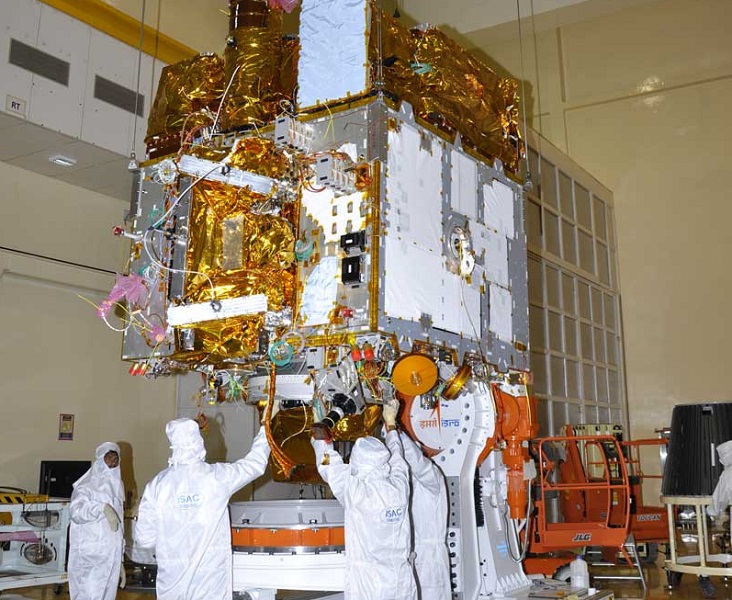-
Tips for becoming a good boxer - November 6, 2020
-
7 expert tips for making your hens night a memorable one - November 6, 2020
-
5 reasons to host your Christmas party on a cruise boat - November 6, 2020
-
What to do when you’re charged with a crime - November 6, 2020
-
Should you get one or multiple dogs? Here’s all you need to know - November 3, 2020
-
A Guide: How to Build Your Very Own Magic Mirror - February 14, 2019
-
Our Top Inspirational Baseball Stars - November 24, 2018
-
Five Tech Tools That Will Help You Turn Your Blog into a Business - November 24, 2018
-
How to Indulge on Vacation without Expanding Your Waist - November 9, 2018
-
5 Strategies for Businesses to Appeal to Today’s Increasingly Mobile-Crazed Customers - November 9, 2018
ISRO set to launch 1st space observatory Astrosat on September 28
However, what makes this launch more important is that it is the first time a payload dedicated to the entire astronomy is being launched.
Advertisement
ASTROSAT will be the first space observatory that will be operated by the Indian Space Research Organization.
The total cost of the ASTROSAT launch is Rs 178 crore.
Deviprasad Karnik, ISRO’s Public Relations director said that all preparations for the historic launch is in progress with the Mission Readiness Review Committee scheduled to meet up on September 24 to decide for the countdown process of the vehicle.
India’s observatory will be the fourth in space, after the Hubble, Russia’s Spektr R and Suzaku of Japan.
A collaboration of NASA and the European Space Agency (ESA), the Hubble Space telescope has so far been making crucial contributions in the field of astronomy as it discovers new galaxies.
The United States satellites are the first from that country to be launched from India since the two countries signed a technology safeguards agreement in 2009.
The observatory is likely to study distant stars, dwarfs, planets and planetary motions. However, the mission’s main goal is to study the massive black hole believed to be existing at the core of the Milky Way.
“The mission envisages an earth orbiting scientific satellite with payloads capable of simultaneously observing the universe in the visible, ultraviolet and X-ray regions of the electromagnetic spectrum”, an Indian Space Research Organisation (ISRO) official was quoted as saying.
Astrosat, initially planned for 2005, has been delayed by a decade, as the scientific community struggled to build with precision the instruments needed for such operations.
On September 28 at 10 AM IST, along with the Astrosat, ISRO will launch six other worldwide satellites (4 from the U.S. , 1 from Indonesia and 1 from Canada) as well.
Advertisement
Isro’s planetary exploratory group and the Indian Institute of Science have also contributed to the spacecraft, which carries four X-ray payloads, a UV telescope and a charge particle monitor.




























